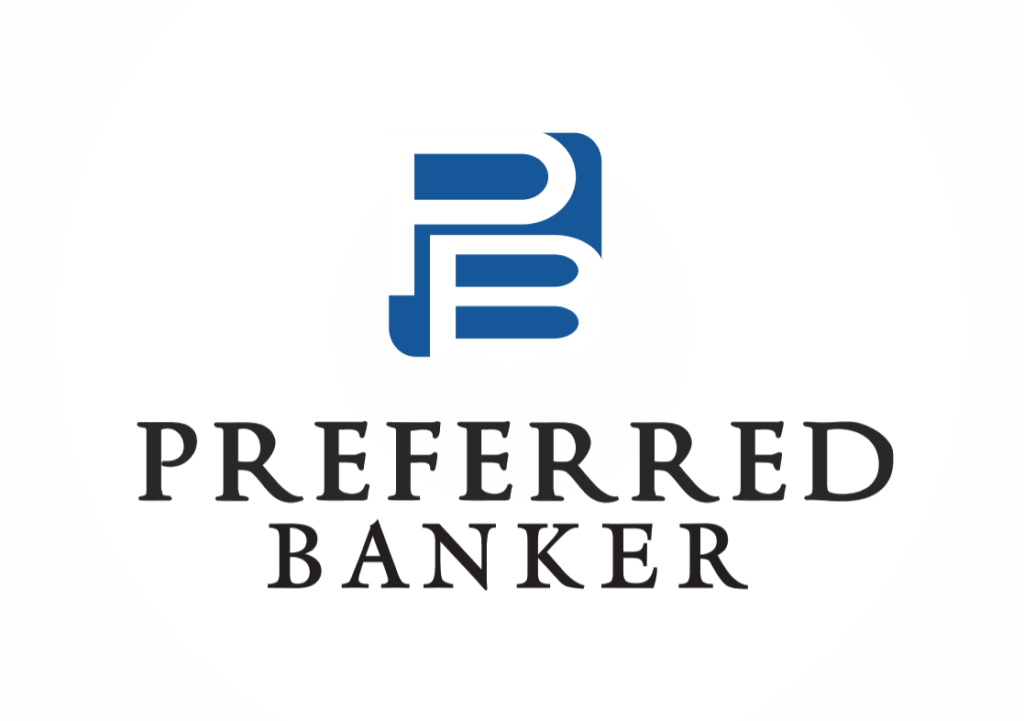Being a homeowner has its perks and a lot of responsibilities. So before you commit to years of paying for a house, make sure you understand what you’re getting into.
First, think about the costs. There are many costs associated with owning a house. You need to pay a downpayment, home insurance, and other fees needed to close the contract. When you move into a new house, you will also need to spend on moving, buying furnites, appliances, fixtures and landscaping. And there is always a possibility that the property you purchased will depreciate.
If you’re used to calling the landlord whenever there’s a problem like a leaky faucet or a broken cupboard, that won’t be the case anymore. As a homeowner you will now be responsible for all the damage incurred from plumbing, appliances, paint job, roofing and so on. And all these cost money. You can expect to spend more on repairs and maintenance if you purchase an old house.
If you want to find out if you’re ready to become a homeowner, try to do the following:
- Find out the property value of homes that you’re interested in. Your real estate agent can help you with this. The property value can be determined by comparing the value of properties in the area that are of comparable size.
- Study different mortgage loan types. Take note of the downpayment required and compare it with the money you have. Downpayments usually range from 3 to 20 percent of the property value. They vary depending on the value of the property or the type of mortgage you chose. Then there’s private mortgage insurance (PMI). This insurance helps mortgage lenders recover if a borrower fails to fully repay a loan. The lowest downpayment is three percent. The lower the downpayment, the higher the PMI. Usually, they cost between $40 and $125 a month.
- Estimate your closing costs. This includes points, taxes, recording, inspections, prepaid loan interest, title insurance, and financing costs from your mortgage lender or a real estate agent. All these fees will add to the property value by 2-7 percent.
- Add the cost of the downpayment and the closing costs to know how much money you’ll need upfront. But the expense doesn’t stop there. In fact you’re just getting started.
- On the actual move, you’ll need to spend on movers. The more stuff you have, the more it will cost you.
- As a homeowner, part of your responsibility is to pay property taxes. Most lenders usually require an impound account that pays for both tax (and usually with insurance) and mortgage. The average yearly tax rate is about 1.5 percent of the purchase price of the house.
- House repairs and maintenance. According to HouseMaster, a home inspection company with 300 franchises nationwide, based on a study that evaluated 2,000 inspection reports, these are usually the costs of major repairs:
- Roofing: $1,500 to $5,000
- Electrical systems: $20 to $1,500
- Plumbing systems: $300 to $5,000
- Central cooling: $800 to $2,500
- Central heating: $1,500 to $3,000
- Insulation: $800 to $1,500
- Structural systems: $3,000 to $1,500
- Water seepage: $600 to $5,000
If after you’ve considered these and you realize you don’t have enough funds to own a house, don’t lose hope. You can also turn to lenders or think of creative ways to come up with a financial source.
Don’t overlook home insurance. Factors like the kind of house you have, the age of your house, your credit and insurance record, and new cases like toxic mold cases can increase insurance rates.
According to a report by the National Association of Insurance Commissioners, in 2007 homeowners spent an average of $822 on home insurance.
But despite the financial woes, there are also financial benefits of owning a house. Mortgage payments are more consistent than rental fees that can increase anytime. There are also tax benefits and the likelihood that your property value will increase as ayears go by. And most of all, it feels good to have your very own home.


